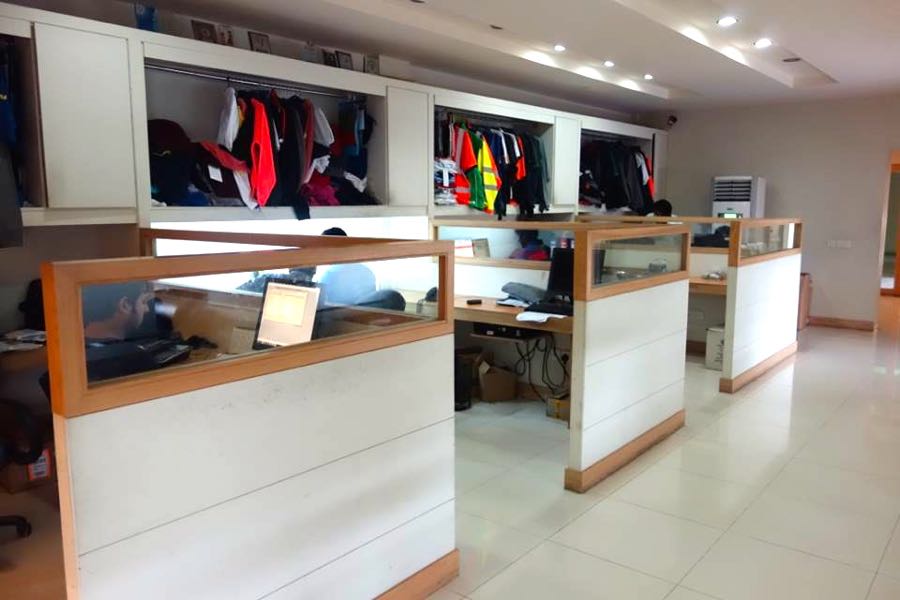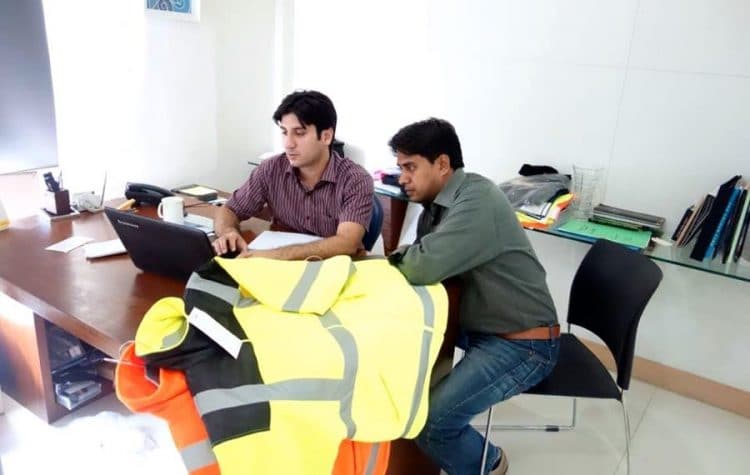If you are a frequent online shopper in Pakistan or have bought something recently, then you must have seen sponsored ads of e-commerce stores targeting you through the Facebook news feed.
Where few despise these ads, they are loved by many, who see customized shopping content in their news feed – giving them a better shopping experience online, through Facebook marketing.
One of the e-commerce stores that use Facebook marketing to gain a user base is Export Leftovers, a company out of Faisalabad having eight hundred thousand users on its Facebook page. The primary reason people buy from Export Leftovers is that it sells export quality material content at a fine price.
We interviewed the CEO and found out how he established such a successful business and of course his future aspirations.
What is Export leftovers?
Export Leftovers as the name suggests is a company that specializes in selling leftover export garments to the local public through social media alone. The statistics confirm that the majority of the traffic to the Export Leftovers website comes from social media.
How did it start?
Umar Qamar, the CEO of Export leftovers, was born in Faisalabad and belongs to a family of Entrepreneurs. His father himself has a textile business with a clientele comprising international customers.
After finishing his education at Edinburgh University, he was confused as to what career he should adopt. During that period he joined his family business, but Qamar had more aspirations towards starting his own ‘thing’. He had already learned about the markets – by doing part-time jobs during his studies – he considered himself out of place.
Eventually, he decided to make an online brand named Polo Republica, while he was collecting samples and researching the market, his father advised him to sell a few leftover garments online.
“That is how Export Leftovers emerged,” Qamar explained.
The surprising thing is that Qamar established his successful brand name through Facebook alone. The Export Leftover page as of the filing of this report has around 9 lac likes.
Qamar says, “I think Export Leftovers would not have existed without Facebook.” “It was the only marketing tool we used in the first three months, and we were quick to realize its importance,” he further added.
Marketing Model: The Magic Formula
Qamar said, “I just wanted to get rid of the 50,000+ Garments leftover inventory of my father’s factory but very quickly realized the obsession of Pakistanis with international brands.”
This was a magic formula for his new E-commerce store. “It was a win-win situation for everyone. The factories had to get rid of their leftover stock and the customer needed export quality branded T-shirts. Ours were available at their doorstep at amazingly low rates; it magically worked for us, he described.

The Challenges:
Qamar tells that one of the biggest problems faced by his E-commerce store is late deliveries. Customers get offended when they cannot get what they ordered within the next three days. However, he is working with a few logistic companies to overcome this.
“Slow Internet, bad telephone lines, and increased competition from local and foreign players like Ali Express are other massive challenges to take care of,” Qamar accentuated.
The Future of Export leftovers:
With over 50+ employees working currently, Qamar foresees a bright future for his company.
“The future of Export Leftovers is to create a platform for all the exporters from Pakistan to sell their leftover inventory on our store,” Qamar says.
The leftover market is huge in Pakistan, “we want to think beyond textile and sell other goods, be it pencils or cricket bats”, Qamar described optimistically.
Recently, his company won a lawsuit against Polo Ralph, and now Polo Republica brand can be sold anywhere in the world except the USA.
“I see Polo Republica as a global brand within five years’ time.”
Advice for Future Entrepreneurs:
The e-commerce business is all about commitment and relationships. If you want to sustain a business, you need to embrace the values such as honesty, integrity, delivering on the promise, and building trust.
As of Export leftovers, 60 percent of orders are received through referrals and repeat customers.
Qamar advises future entrepreneurs, “If you want a positive future, then you need to have positive relationships with your employees, suppliers, and customers”.
The bottom line:
“Instead of acting out of profitability, I focus on nurturing my employees and building trust with my vendors and customers. When you put trust first, the bottom line usually takes care of itself, Qamar said with a wink.”
This was the story of Export Leftovers and how Umar Qamar turned an idea – getting rid of leftovers – into a successful online business. There are many ways one can become successful, what is needed is dedication and the right time to act.

Really inspiring!
Very inspirational story but the author should have highlighted some financial aspects.